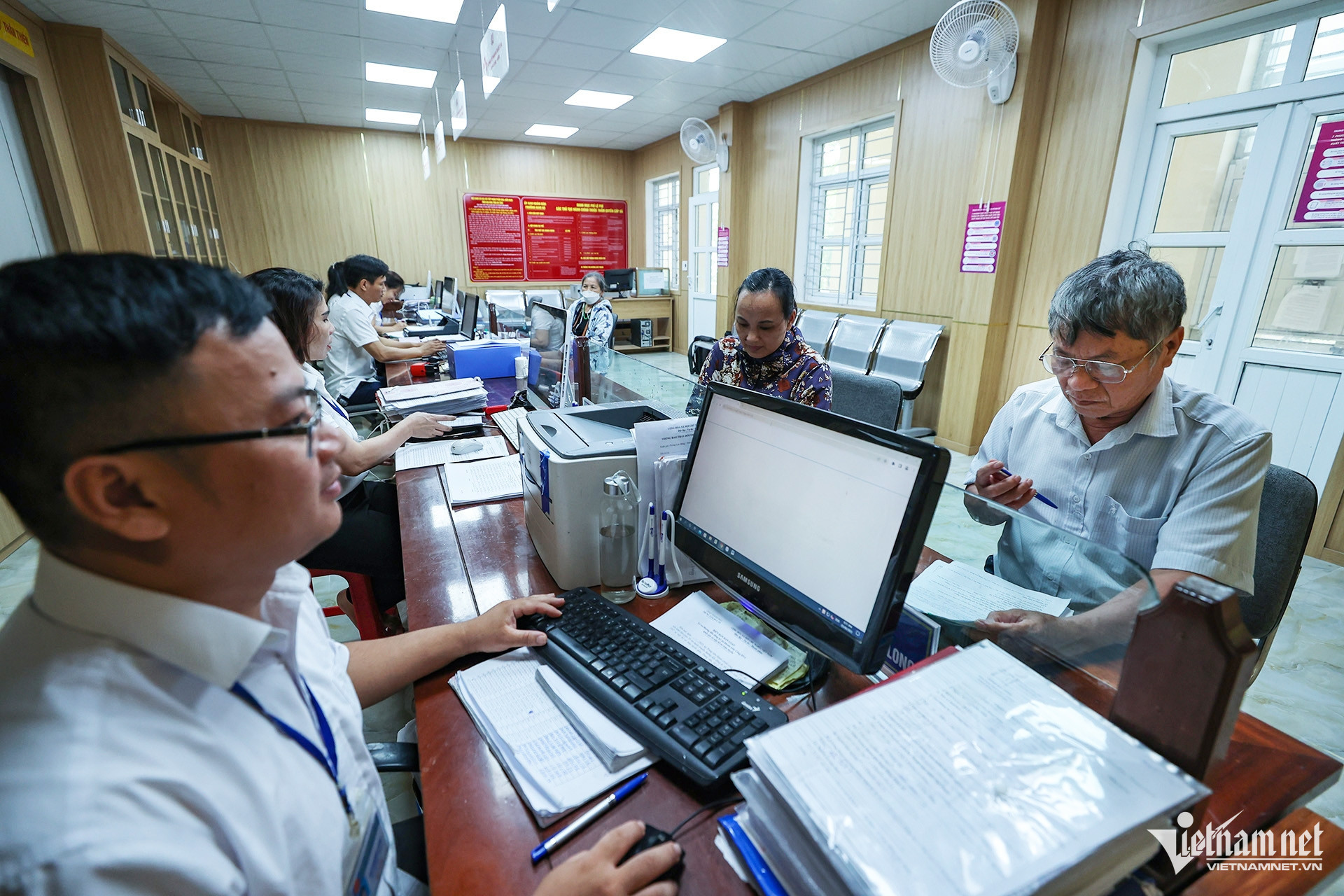The introduction of virtual assistants for Vietnam’s public servants is poised to transform knowledge systems and enhance the efficiency of public administration, offering better services for citizens.
In recent years, the application of artificial intelligence (AI) has become an unstoppable trend, even penetrating the public sector, which has traditionally been slow to adopt cutting-edge technology.
The golden value of virtual assistants for public service

At the People’s Court of Cai Be District in Tien Giang Province, the number of cases to be handled has consistently been high. On average, each judge manages 131 cases per year - nearly double the standard workload.
This workload not only causes fatigue but also increases the likelihood of errors in judicial decisions.
To improve efficiency, the Supreme People’s Court began piloting a virtual assistant software in 2022, supported by the Ministry of Information and Communications (MIC) and a local digital technology enterprise.
The court's virtual assistant functions similarly to ChatGPT but is tailored to support specialized tasks in the judicial system. It utilizes official and reliable data sources developed by the courts.
Based on case details, the assistant can automatically retrieve relevant legal documents, identify similar legal cases, and reference precedents.
It also assists judges in planning case resolutions, managing tasks, and issuing reminders to ensure deadlines are met.
Thanks to this technology, the quality of adjudication has improved significantly. For example, at the People’s Court of Cai Be District, the rate of case cancellations or modifications due to subjective errors dropped from 0.35% in 2023 to 0.21% in the first half of 2024.
Judges have reported a 30% reduction in administrative workloads, with tasks such as encoding verdicts and publicly uploading them now taking seconds instead of hours.
Globally, virtual assistants are helping public sectors in other countries achieve greater efficiency. In Dubai, virtual assistants monitor rail systems, addressing delays. In Finland, they aid urban planning by ensuring compliance with legal regulations.
Research conducted by Harvard Business School and the Boston Consulting Group found that AI-enhanced tools significantly increase productivity and quality. Workers using virtual assistants completed 12.2% more tasks, 25.1% faster, and with 40% better results compared to those without such tools.
MIC leads the charge in adopting virtual assistants

At a recent year-end conference, Minister of Information and Communications Nguyen Manh Hung emphasized the transformative potential of virtual assistants. He argued that providing each public servant with a virtual assistant could significantly improve performance:
“With virtual assistants, even the least capable employees in an organization can perform at the level of those who are highly skilled,” said the minister.
One of the ministry’s key objectives in 2024 has been to develop knowledge systems and create specialized virtual assistants for public servants.
During regular meetings, the minister personally tested the virtual assistants developed by ministry teams in collaboration with technology enterprises.
He noted that virtual assistants could revolutionize the knowledge systems of Vietnam’s public administration, making entire organizations smarter.
Vietnamese tech firms have already mastered the technology, enabling immediate deployment of virtual assistants.
Overcoming challenges and building shared knowledge
Developing virtual assistants has not been without its challenges. Teams encountered difficulties during initial implementation, requiring adjustments and new approaches.
To address this, the MIC adopted an unconventional strategy: instead of starting with questions, they began by documenting each unit’s core responsibilities and creating a comprehensive guide. This allows virtual assistants to provide accurate, task-specific answers by linking questions to documented workflows.
The minister stressed that software quality depends on user experience, urging department heads to use virtual assistants daily as a central part of their work.
The MIC has positioned itself as a pioneer in virtual assistant adoption, combining human-built expert knowledge with AI-driven large language models.
The accumulated knowledge within these assistants is seen as a valuable legacy for future generations, helping to modernize Vietnam’s public sector and enhance its services to citizens.
Trong Dat